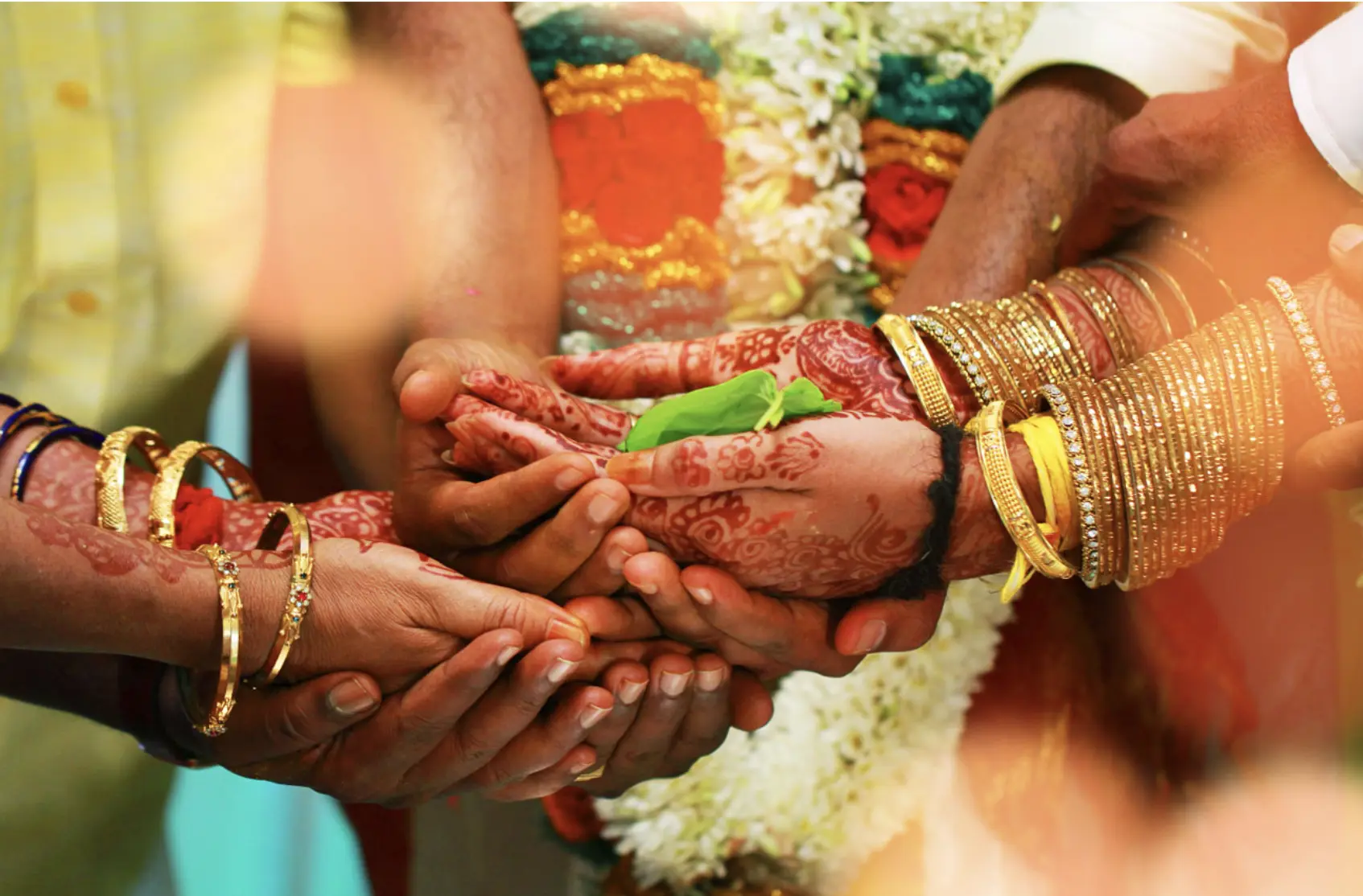Reimagining Indian Weddings: The Rise of Minimalism in Tradition
Indian weddings are renowned for their grandeur, vibrant ceremonies, and cultural richness.

Indian weddings in a new era.
Indian weddings are renowned for their grandeur, vibrant ceremonies, and cultural richness. However, in recent years, a growing trend of minimalism has begun reshaping the way these celebrations are conceptualized and executed. With an increasing emphasis on intimacy, sustainability, and personal connections, Indian weddings are gradually moving away from opulence to embrace a more thoughtful and meaningful approach.
At the heart of this shift is the realization that bigger isn’t always better. Couples are now prioritizing quality over quantity, opting for smaller guest lists comprising close friends and family instead of expansive gatherings. This trend, accelerated by the COVID-19 pandemic, has led to a rise in intimate weddings, where every guest holds a significant emotional value. The result is a celebration that feels more personal and heartfelt.
Minimalist Indian weddings also reflect a growing awareness of sustainability. Traditional weddings often involve large-scale decorations, lavish spreads of food, and extensive use of single-use materials. In contrast, minimalist weddings emphasize eco-friendly practices such as using local, seasonal flowers, reducing food wastage, and choosing biodegradable or reusable materials. Many couples are now replacing extravagant wedding favors with thoughtful, sustainable gifts like potted plants or artisanal products.
The aesthetics of minimalist weddings are also redefining traditional notions of beauty. From elegant, muted color palettes to simplistic decor that focuses on natural elements, the visual appeal lies in the understated yet sophisticated details. Brides and grooms, too, are favoring outfits that are elegant and functional, moving away from heavily embellished attire. Designers are increasingly creating versatile bridal wear that can be reused, reflecting a practical and sustainable mindset.
Interestingly, the lavish, extravagant weddings of industrialists like the Ambanis are being met with criticism by a younger Indian population that values education and social responsibility. In an era where access to information has grown exponentially, many see such displays of wealth as excessive and disconnected from the economic realities of most Indians. This generational shift is fueling the preference for weddings that celebrate love and union over material extravagance.
Technology has also played a pivotal role in this transformation. Virtual invitations, live-streaming ceremonies for distant relatives, and online wedding planning have streamlined the process while cutting down on unnecessary costs. Digital tools allow couples to focus on curating experiences that truly matter, such as personalized vows, meaningful rituals, and intimate moments with loved ones.
Ultimately, the rise of minimalism in Indian weddings signifies a cultural evolution. While tradition remains integral, there is a growing recognition that the essence of a wedding lies in the union of two people and the shared joy of their loved ones. This thoughtful, mindful approach ensures that weddings remain memorable—not for their grandeur but for the love and intention they represent.
